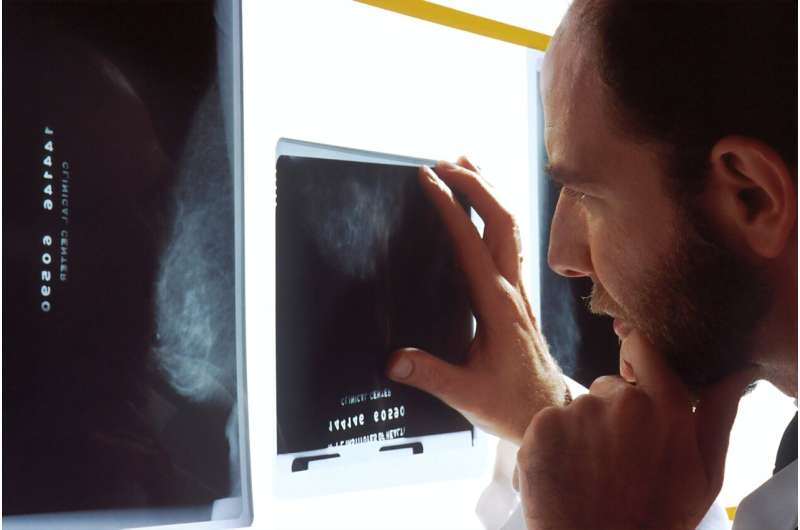Innovative Card-Sized TB Test Aims to Bridge Diagnosis Gap in HIV-Prevalent Regions

A new credit card-sized TB diagnostic device developed by Tulane University offers rapid, accurate detection in HIV-affected populations, addressing a crucial gap in global TB control efforts.
Recent advancements in tuberculosis (TB) detection have led to the development of a compact, credit card-sized diagnostic device that promises to enhance TB testing, especially among populations with high HIV prevalence. Traditional TB tests often fall short in accurately diagnosing the disease in individuals co-infected with HIV because the weakened immune system hampers the immune response needed for conventional detection methods. This new handheld device, designed by researchers at Tulane University, addresses this critical gap.
The device, termed ASTRA (Antigen-Specific T-cell Response Assay), operates without electricity and is inspired by the chemical defense mechanism of bombardier beetles. It employs a chemical reaction to propel a blood sample across a chip for rapid analysis, eliminating the need for laboratory facilities or trained personnel. When tested against standard blood tests like IGRA (Interferon-Gamma Release Assay), ASTRA demonstrated a higher specificity (87% versus 60%), making it more reliable in identifying TB in HIV-positive individuals, while also outperforming traditional methods in detecting TB in HIV-negative cases.
The process involves adding a single drop of blood to the device, which then incubates for four hours to trigger a response from immune cells. The device then produces results within approximately four hours, compared to 24 hours for IGRA and two to three days for skin tests. This rapid testing capability is critical for timely treatment, especially in resource-limited settings.
The researchers identified new biomarkers that enable TB detection independent of immune cells affected by HIV, enhancing diagnostic accuracy in immunocompromised populations. The device’s portability and speed could significantly improve TB screening in high-risk communities, facilitating earlier interventions and reducing transmission.
Validation studies conducted in Eswatini, a country with high TB and HIV rates, underscore its potential in real-world applications. As drug-resistant TB strains emerge, expediting diagnosis and treatment becomes even more crucial. According to lead researcher Tony Hu, early detection can lead to quicker, more effective treatment, ultimately saving lives.
This innovative approach could be a game-changer in the global fight against TB, particularly in regions where healthcare infrastructure is limited. The ASTRA device exemplifies how bio-inspired engineering can contribute to tackling infectious diseases and accelerating efforts toward world health goals.
Source: MedicalXpress
Stay Updated with Mia's Feed
Get the latest health & wellness insights delivered straight to your inbox.
Related Articles
Combining Therapies to Overcome Treatment Resistance in Aggressive Breast Cancer
New research highlights a combination therapy approach that could prevent metastasis and overcome treatment resistance in aggressive triple-negative breast cancer, paving the way for advanced clinical trials.



